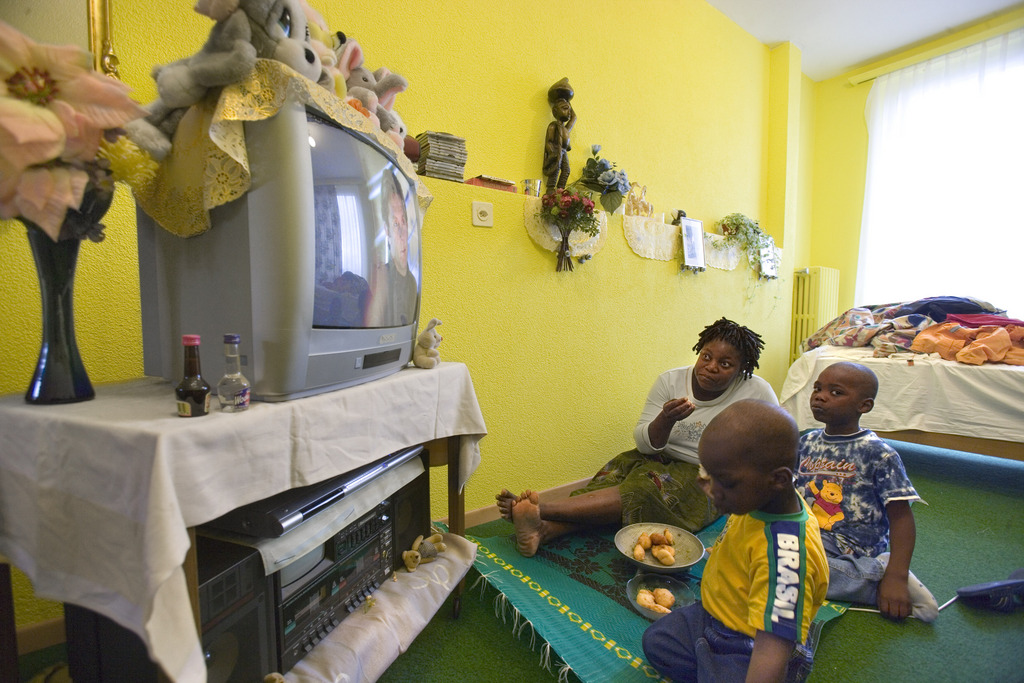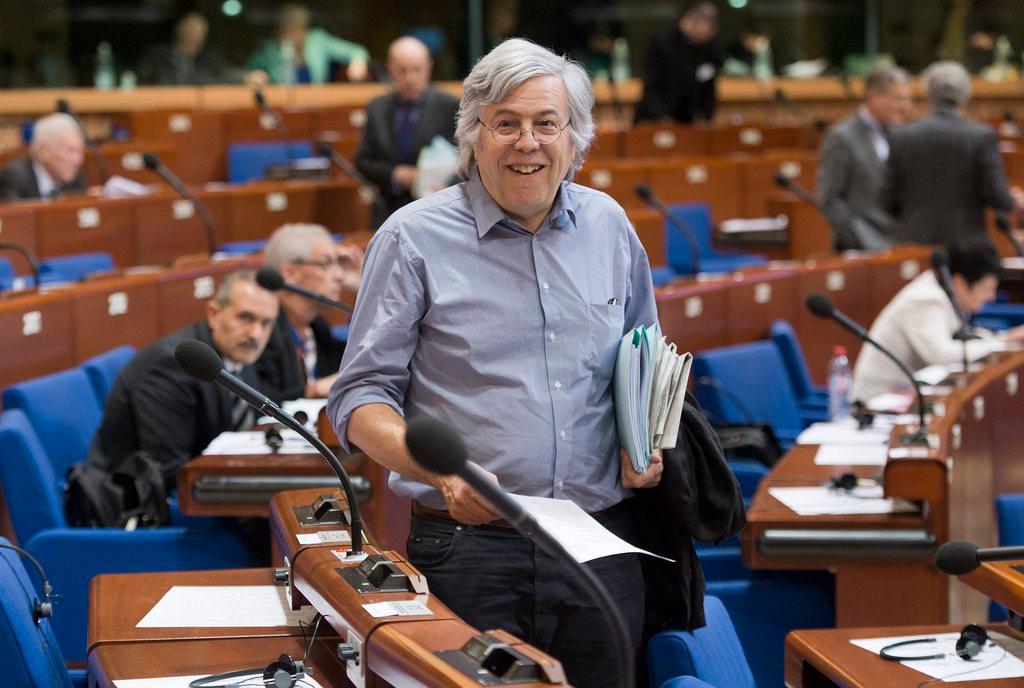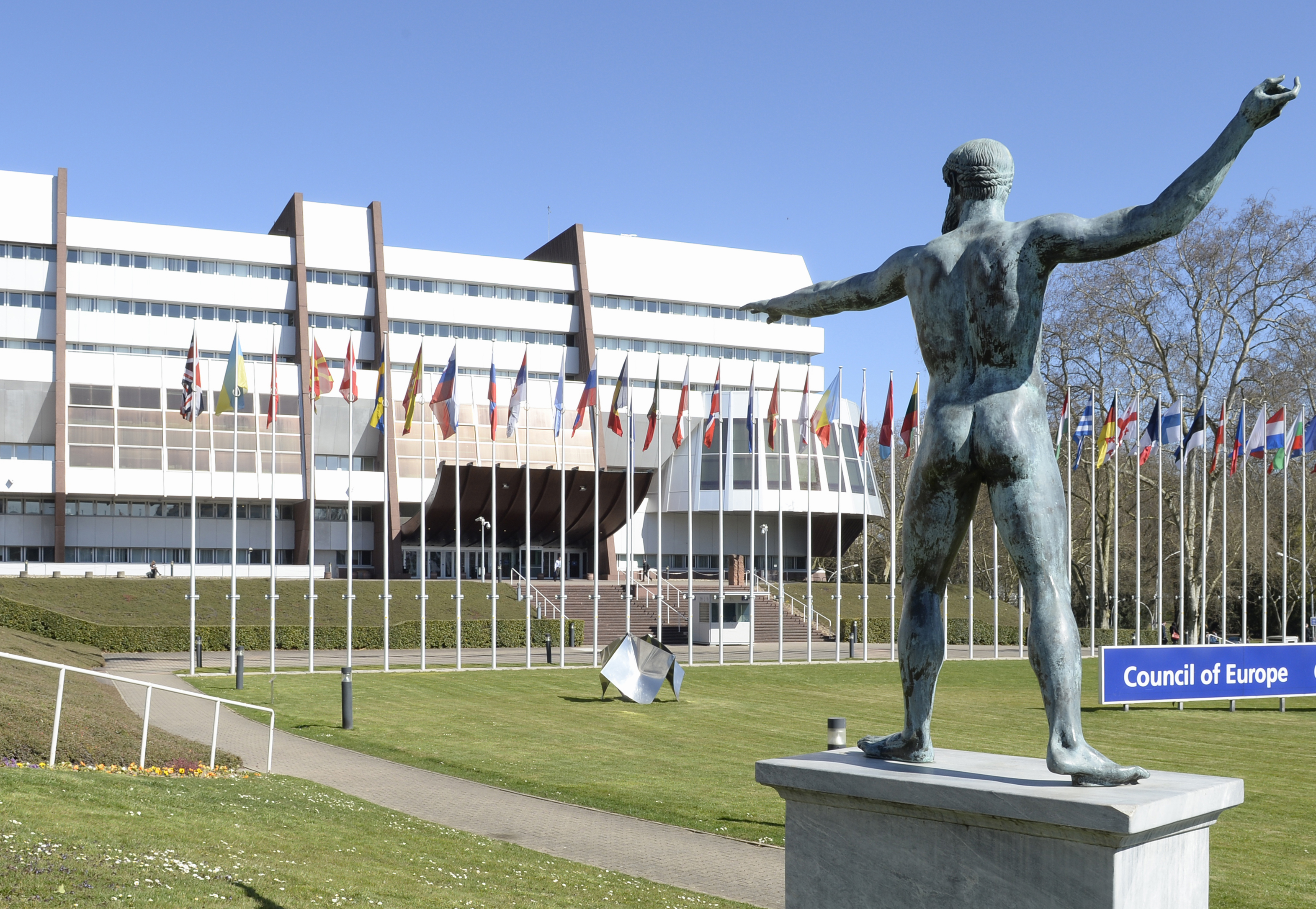An attack on human rights or strengthening democracy?

The conservative right Swiss People’s Party has handed in the signatures collected for its people’s initiative ‘Swiss law instead of foreign judges’, launched in 2015. The aim of the initiative is to put the federal constitution above international law. What would it mean for Switzerland if the initiative is voted in?
Thanks to direct democracy, the Swiss voting public regularly has the chance to propose or vote on changes to the constitution. But what happens when changes contradict international agreements or laws? A prime example would be the 2014 vote to limit immigration – which directly contradicts the free movement of people agreement between Switzerland and the European Union. There’s still no solution on the table.
The People’s Party has now launched an initiative (link in GermanExternal link) that they say will resolve these types of conflicts, in favour of laws originating at a national level. The initiative ‘Swiss law instead of foreign judges’ includes the following points:
– The Swiss constitution should have precedence over international law in principle, but not over imperative laws such as those on torture, slavery or war.
– The federal state and the cantons will not be allowed to enter into international obligations that contradict the constitution.
– In the case of conflict between the constitution and international law, Switzerland should change or terminate the international agreements.
But direct democracy also has a role to play in this argument: when the people have voted in favour of an international agreement, it should then be the ultimate law upheld by the courts.

More
International vs national law: a manufactured controversy?
Image damage vs. legal certainty
What does this mean in concrete terms for Switzerland? The widespread oppositionExternal link (link in German) to the initiative is based in part on a belief that the People’s Party wants to see an end to the European Convention on Human Rights (ECHR). This would put a large dent in Switzerland’s reputation, opponents say.
Not only that: concretely, ending the convention would mean that decisions made by the Swiss Supreme Court could no longer be appealed in the European Court of Human Rights. Opponents of the initiative believe that passing it could be interpreted by other countries as a breach of contract, which would jeopardise the stability and legal certainty of the country, as well as its success as an economic centre.
The People’s Party sees things differently. It states that its objective is to ensure legal certainty by clarifying the relationship between Swiss law and international law, and not to terminate its adherence to the ECHR. The initiative should help strengthen democracy, it believes, with laws being created by the Swiss people and parliament and not by international organisations or foreign courts.

In compliance with the JTI standards
More: SWI swissinfo.ch certified by the Journalism Trust Initiative




You can find an overview of ongoing debates with our journalists here. Please join us!
If you want to start a conversation about a topic raised in this article or want to report factual errors, email us at english@swissinfo.ch.